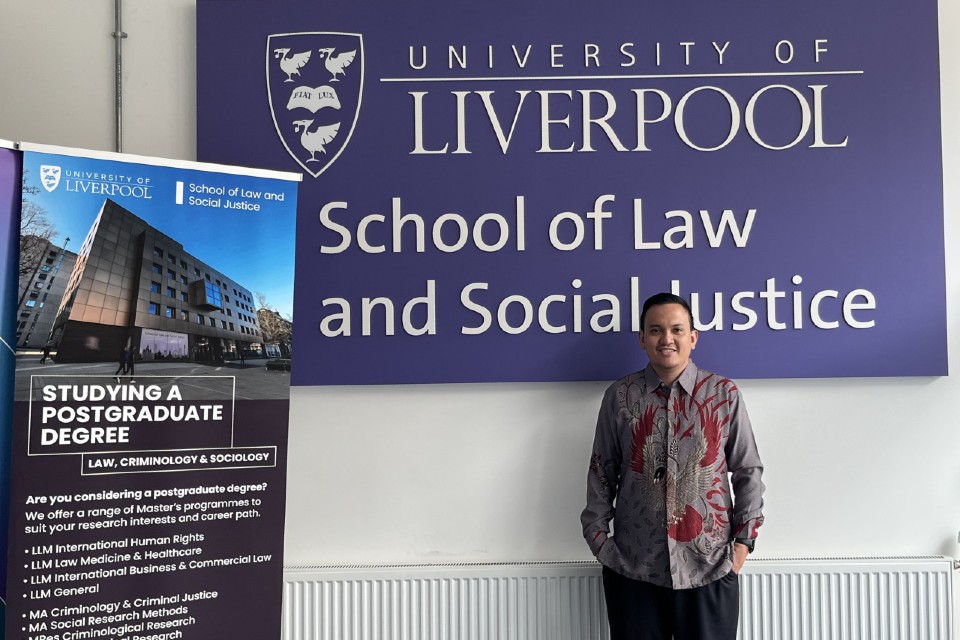
Muhammad Ikram Nur Fuady, also known as Ikram, is a PhD researcher student in the School of Law and Social Justice, sponsored by Indonesia Endowment Fund for Education. He focuses on the intersection between the judiciary and corruption, particularly in the Indonesian context. Before pursuing doctoral studies, he was a lecturer in criminal law in Indonesia, which served as a starting point to identify the judiciary and corruption issues.
Identifying inconsistencies in sentencing decisions
Corruption is universally regarded as an extraordinary crime that demands rigorous action by all nations. Nonetheless, within the Indonesian judicial system, many cases of corruption punishment experience a reduction in severity or receive lenient sentences, particularly at the Supreme Court level, despite the imposition of stringent penalties by the Lower Court.
When examining the judge’s sentences in Indonesia, the public sometimes questions outcomes, such as the duration of imprisonment, which are inconsistent between the different judges’ sentencing decisions. Reducing the penalty by almost half of the total punishment can be identified in some cases.
The inconsistency and disparity in the judges’ sentencing decisions on corruption crimes has created the prejudice of a failure to apply impartiality in such rulings, though judicial impartiality is already regulated in the ethical codes. However, the lack of impartiality in the application of judges is likely problematic to identify due to the range of dynamic punishments in the court, and it can be very controversial when the defendants are from an elite background, such as politicians and government officers.
The essentials of impartiality in judicial behaviour
I am in the process of compiling a substantial amount of literature on impartiality and judicial behaviour, which is predominantly from common law countries. In this phase, I am gaining insight into the challenges of remaining impartial, particularly for judges in the courtroom during their decision-making. As a human, it is impossible to be completely impartial; hence, this goal may have been influenced by other factors inside and outside the tribunal proceeding.
Moreover, impartiality may be different from each individual person’s perspective – this is a significant obstacle within the criminal corruption court, even though formal judicial guidance has been enacted. We should be aware that judges have diverse backgrounds and varying views on sentencing corruption cases when examining these decisions, for a better life in law enforcement.
Research significance
My research aims to improve our understanding of judicial impartiality as conceived and applied by Indonesian judges, particularly regarding the sentencing decisions made in corruption cases. These insights will be complemented by measuring the extent of contribution of judicial guidelines in the decision-making process. In practice, the result could be a mitigation for judges in the Supreme and Lower Courts when sentencing corruption cases by fully accommodating the concept of impartiality and appropriately exercising judicial discretion in judicial decisions.